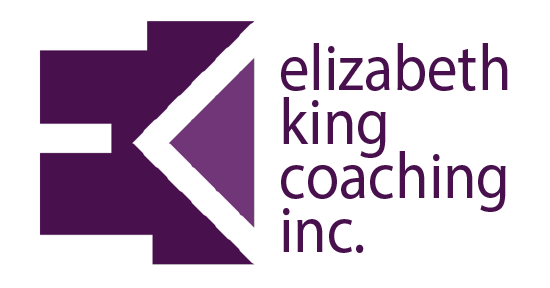Tech is Not An Education Replacement: Part 1
A few weeks ago I attended Commencement at my alma mater, Mount Holyoke College. The commencement address was given by education philosopher and theorist Martha Craven Nussbaum. Admittedly, I’m a big fan of the “go-get-‘em kids!” style commencement address, and that’s not really what we had here. However, what we heard that afternoon was probably far more important. Ms. Nussbaum’s comments were incredibly timely and notably applicable to a particular phenomenon those of us in and peripheral to the tech sector have been observing lately: the “quit/avoid school/college and get into business instead” campaign. If you are in tech or fighting for education on any level, you must hear what she has to say. On the offhand chance that the “quit college” chatter has been off your radar, PayPal CoFounder Peter Thiel has encouraged 24 students to drop out of college for $100K and start businesses. Jason Calacanis weighed in as well, theorizing about better ways to spend private school tuition—on mentorship with an entrepreneur, of course. It’s obviously something that’s on the forefront of my mind, too: the blog is called Stay Out Of School, after all. We must be vigilant in our conversations about the problems with school and careful that, as we promote STEM and entrepreneurship, we're not losing sight of the real issues at hand. It’s a perfect reflection of exactly the kind of confidence it takes to be an entrepreneur to posit, “Hey! Quit school and come hang out with me! I’ll teach you everything you need to know.” …and these entrepreneurs have the platforms and internet mojo to get their ideas heard. They can easily dominate the conversation. Don't let them. The objective of business is to make money. A mentorship in a tech startup is an invaluable experience, but the objectives in society and business are sometimes different. So forsake one set of missing educational elements for another is not the solution. Over the next three posts I’m going to share Ms. Nussbaum’s brilliant defense of liberal education and its primary purpose, which is not (surprise, surprise) simply to crank out killer businesspeople. The purpose of education is the production of socially conscious, civically-minded decision-makers: individuals who can steer our society and culture in the future.No matter how we fix education—and we must—we cannot lose sight of why liberal arts education must remain a fixture in the United States. If it doesn’t, there won’t be a United States.
Part 1: Martha Craven Nussbaum
“What does a liberal education that contains a substantial contribution from the humanities and the arts contribute to the health of democracy?
“First is the capacity for critical examination of oneself and one's traditions--for living what, following Socrates, we may call "the examined life." This means a life that accepts no belief as authoritative simply because it has been handed down by tradition or become familiar through habit, a life that questions all beliefs and accepts only those that survive reason's demand for consistency and for justification. Training this capacity requires developing the capacity to reason logically, to test what one reads or says for consistency of reasoning, correctness of fact, and accuracy of judgment. Testing of this sort frequently produces challenges to tradition, as Socrates knew well when he defended himself against the charge of "corrupting the young." But he defended his activity on the grounds that democracy needs citizens who can think for themselves rather than simply deferring to authority, who can reason together about their choices rather than just trading claims and counterclaims. Like a gadfly on the back of a noble but sluggish horse, he said, he was waking democracy up so that it could conduct its business in a more reflective and reasonable way. Our American democracy, like ancient Athens, is prone to hasty and sloppy reasoning, and to the substitution of invective for real deliberation. With the decline in newspapers and the increasing influence of an impoverished talk-radio culture of sound bites, we need Socrates in the classroom more urgently than ever. More generally, psychological research has shown that all human beings have an alarming tendency to defer to authority and to peer pressure. Critical argument gives people a way of being responsible: when politicians bring simplistic rhetoric their way, they won’t just accept it or reject it on the basis of a prior ideological commitment, they will investigate and argue, thinking for themselves, and learning to understand themselves. This is important if bad policies and false claims are to be unmasked. And when argument, not mere partisan feeling, takes the lead, people become able to interact with one another in a more reasonable way. Instead of seeing political disputes as occasions to score points for their own side, they are more likely to probe, investigate; they learn where the other person’s argument shares common ground with their own; all this conduces to respect and understanding. It is understatement to say that we urgently need these abilities in today’s political culture.”




